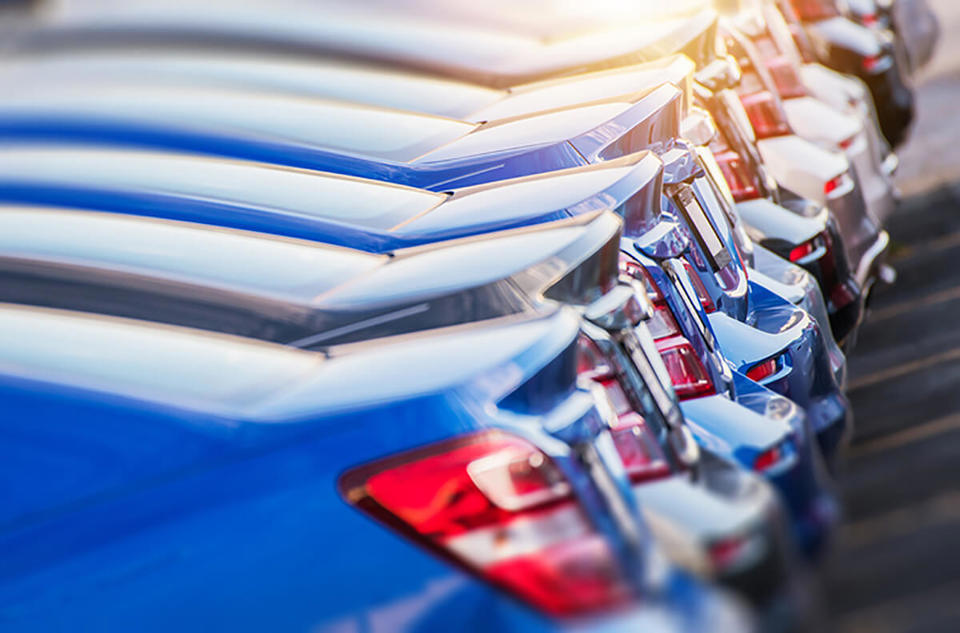The New Year could mark a sea change in company car demand due to a combination of significant revisions to benefit-in-kind taxation and the continuing tough economic climate increasing pressure on personal budgets, according to ACFO.
Despite company car benefit-in-kind tax increases for most drivers in 2012/13, the UK's premier organisation for fleet decision-makers believes that careful vehicle selection aided by the continuing focus by motor manufacturers on driving down emissions as a result of technological advances will encourage employees out of cash allowance schemes and back into company cars.
Company car benefit-in-kind tax thresholds will tighten by a further 5 g/km on April 6, 2012 but, crucially, the special 10% rate for vehicles emitting 120 g/km or less, which has been in place since April 2008, will be abolished.
That means drivers at the wheel of company cars emitting 115-119 g/km will see their benefit-in-kind tax bills rise almost 50% in the new financial year as vehicles are catapulted into the 14% tax bracket from the 10% threshold. Meanwhile, drivers of 120 g/km emissions models will have to fund a 50% rise as vehicles move into the 15% bracket.
Employees driving a company car with carbon dioxide emissions up to 99 g/km will continue to see their tax bill unchanged with those at the wheel of vehicles with emissions of 100 g/km to 114 g/km moving into the 11-13% tax thresholds. Ironically, drivers of cars with emissions of 121-124 g/km will see no increase in their tax bills as vehicles will remain in the 15% tax bracket, while those driving cars with emissions of 125 g/km or higher will see bills rise as emission thresholds tighten 1%.
Therefore, ACFO says the steep rises at the lower end of the benefit-in-kind tax scale will significantly influence vehicle choices being made over the coming weeks and months.
Chairman Julie Jenner said: "Evidence suggests that with personal budgets being squeezed due to the global economic crisis, drivers are firmly focused on how much tax they are paying and their disposable income.
"Although almost every driver will see their company car tax bill rise from April 6, 2012, analysis reveals that it is significantly cheaper to pay tax on a company car than to run your own vehicle."
The RAC recently calculated that the average annual cost of owning and running a car had soared 14% in the last 12 months - three times the current inflation rate - to almost £6,700.
Jenner said: "A basic rate taxpayer eligible for a company car need pay no more than £50-60 a month in tax for that vehicle and a 40% taxpayer could select, for example, a BMW 5 Series, for less than £150 a month even taking account of the 2012/13 tax rises.
"Employees cannot run their own cars for that amount of money. Although company car benefit-in-kind tax rates will increase for 2012/13, drivers and employers alike should do their own calculations and they will realise that through the careful selection of low emission vehicles, a company car is the financially astute choice in these austere economic times."
Jenner added: "Economic conditions mean that all employees are much more focused on the cost of living. If cash allowance drivers calculate the cost of funding and running their own vehicle, including service and maintenance bills, they will be pleasantly surprised to discover that they can be better off by opting back into a company car."
More on page two...

















PremierBlue - 16/12/2011 11:12
Quite right, and this will not have gone unnoticed by the powers that be! Manufacturers have taken the green message on board with more efficient cars, and it could be argued that fuel costs could continue the emissions 'mission' as they're unlikely to reduce significantly anytime soon. My bet is that the screw will begin to turn as HMG sees the opportunity to charge BIK tax more effectively on company cars.... Best keep your powder dry and your options open.